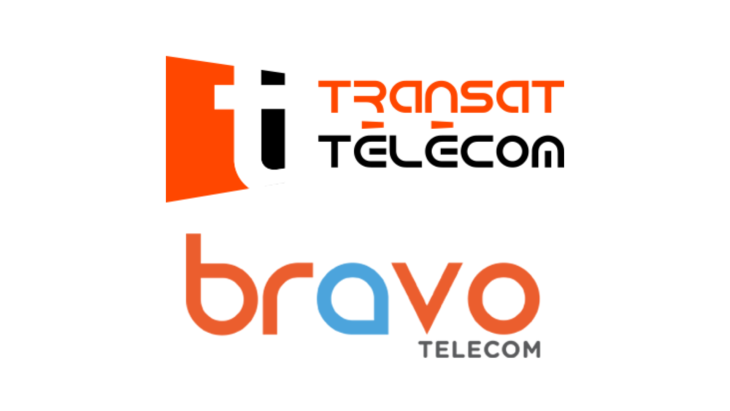
By Ahmad Hathout
The CRTC said late last month that it will review complaints filed by independent telecoms claiming a price war between larger telecoms is compromising the sustainability of their businesses.
The complaints, led by Transat Telecom and Bravo Telecom, claim that the CRTC has left the independents exposed to predatory pricing occurring in Ontario and Quebec. They are now asking the commission to suspend regulatory forbearance to address what they perceive as a market imbalance.
The commission, which originally suspended the November 2024 and January 2025 complaints, said in a letter on June 27 that it has reopened the applications for consideration after releasing its decision addressing challenges to the final wholesale internet framework a week earlier.
Interventions on the matter are due July 28.
Transat said it originally brought the competition issue, signed on by nine other independent telecoms, in January 2023, but saw no concrete action from the commission.
An example used by both Transat and Bravo to illustrate their point is the claim that Bell, the dominant player in their serving territory, has been offering retail rates 45 per cent lower than new wholesale prices imposed by the CRTC for access to its last-mile fibre network. Quebecor has similarly complained about Bell’s pricing in the retail internet market, calling it stupid for everyone. However, Quebecor has also said it is prepared to reciprocate on price.
“Regulatory forbearance has the opposite effect of its original objective,” Transat said in its complaint, which is echoed by Bravo. “Dominant operators maintain high wholesale rates while offering retail prices lower than those imposed on independent ISPs, weakening their position to the point of their eviction. Instead of fostering a dynamic market, forbearance strengthens dominant players, risking a return to a duopoly.”
The company is asking the CRTC to establish a price floor to prevent anti-competitive practices and implement “strict control” over the duration of promotions. “These mechanisms are essential to allow small ISPs to compete fairly,” Transat said.
Bravo said it has seen a 15 per cent decline in its customer base since 2021, forcing it to reduce its already thin margins “to the point of posting negative results in recent years.”
Since that year, Bravo said more than 20 independent ISPs have sold their businesses or transferred their customer base to large telecoms.
Bravo is asking the CRTC, among other things, to launch an investigation, force Bell to cease these practices, and pay compensation for damages it has caused the smaller player.


